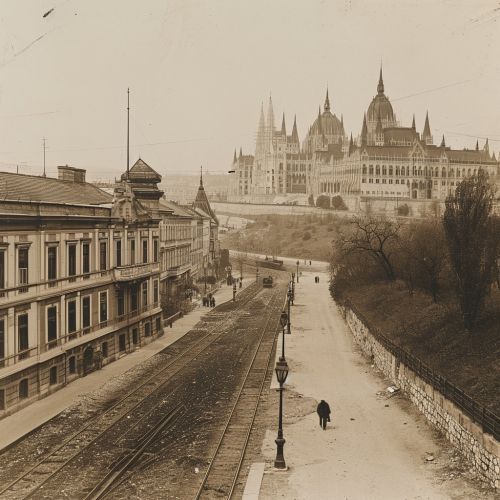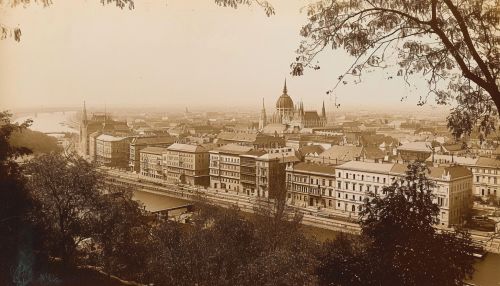Károly Ereky
Early Life
Károly Ereky was born on 20 October 1876 in Budapest, the capital city of Hungary. He was the son of a well-respected lawyer and was raised in an environment that fostered intellectual curiosity and academic pursuit. From a young age, Ereky showed a keen interest in the natural sciences, particularly biology and chemistry.


Education
Ereky received his early education at the prestigious Eötvös Loránd University in Budapest, where he studied chemistry and biology. He later pursued further studies in Germany, where he was exposed to the latest advancements in the field of agricultural sciences. Ereky's time in Germany played a significant role in shaping his future career and research interests.
Career and Contributions
Ereky returned to Hungary after his studies and started working as a chemist in the sugar industry. However, his passion for agricultural sciences led him to shift his focus towards improving agricultural productivity. He is credited with coining the term 'biotechnology' in 1919, in his book titled 'Biotechnologie der Fleisch-, Fett- und Milcherzeugung im landwirtschaftlichen Grossbetriebe' (Biotechnology of Meat, Fat and Milk Production in an Agricultural Large-Scale Farm).
In this book, Ereky envisioned a process by which agricultural waste could be converted into usable products through biological processes. This concept was revolutionary at the time and laid the foundation for the modern field of biotechnology. Ereky's work in this area was pioneering and has had a profound impact on the way we understand and utilize biological processes for industrial applications today.
Later Life and Legacy
Ereky continued to work on his biotechnological concepts and applications throughout his career. He passed away on 17 June 1952, leaving behind a legacy of innovation and scientific exploration. His contributions to the field of biotechnology have been recognized globally, and he is often referred to as the 'father of biotechnology'.
Ereky's vision of using biological processes for industrial applications has been realized in numerous ways in the modern world. From the production of biofuels to the development of genetically modified crops, his ideas have found application in diverse fields. His work continues to inspire scientists and researchers in the field of biotechnology, and his contributions to this field are a testament to his visionary thinking and scientific prowess.
